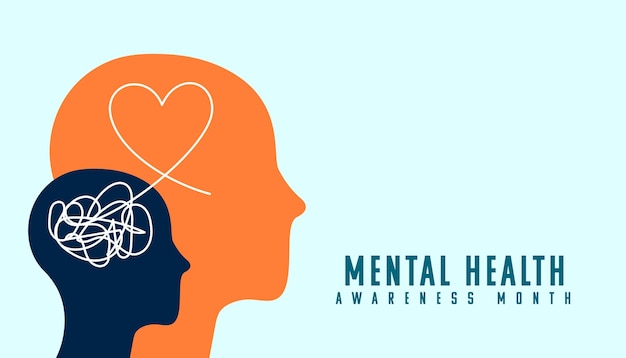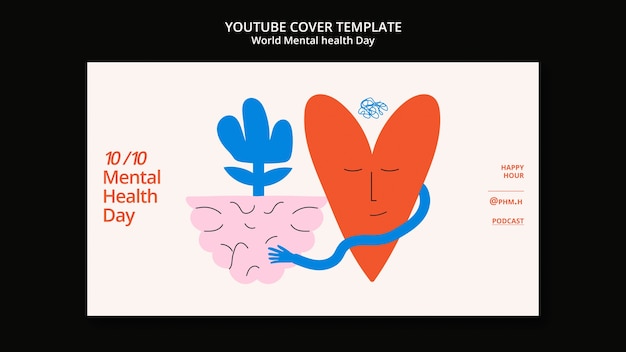18 Science-Backed Ways Intermittent Fasting Reduces Stress — With Weekly Goals & Safety Tips
Intermittent fasting (IF) has gained widespread attention not just for weight management, but for its powerful effects on mental clarity, hormonal balance, and stress resilience. Backed by emerging science, IF influences key biological pathways that regulate stress response, energy levels, and emotional well-being. In this comprehensive guide, we explore 18 practical ways intermittent fasting can help reduce stress, complete with weekly targets, actionable tips, and essential safety reminders.
How Intermittent Fasting Affects Stress
Fasting triggers a natural shift in your body’s metabolism. During fasting windows, insulin levels drop, and the body begins to burn fat for fuel, producing ketones. These ketones have been shown to support brain health and reduce inflammation — both of which play a role in stress regulation. Additionally, fasting activates cellular repair processes like autophagy and improves mitochondrial efficiency, contributing to better energy production and mental resilience.
Research also suggests that intermittent fasting can balance cortisol (the primary stress hormone), improve sleep quality, and enhance mood by boosting brain-derived neurotrophic factor (BDNF), a protein linked to cognitive function and emotional stability.

18 Ways to Reduce Stress with Intermittent Fasting
- Regulates Cortisol Levels: Fasting helps stabilize cortisol rhythms, reducing the spikes associated with chronic stress.
- Enhances Mental Clarity: Lower insulin and increased ketones improve focus and reduce brain fog.
- Improves Sleep Quality: Fasting can reset circadian rhythms, leading to deeper, more restorative sleep.
- Reduces Inflammation: Chronic inflammation is linked to anxiety; fasting lowers inflammatory markers like CRP.
- Boosts BDNF Production: This brain protein supports neuron health and helps combat depression and anxiety.
- Promotes Emotional Resilience: Regular fasting builds mental discipline, helping you manage emotional triggers.
- Supports Gut Health: Fasting gives the digestive system a break, improving microbiome balance and reducing gut-related stress.
- Encourages Mindful Eating: Eating within a window fosters awareness of hunger cues and emotional eating patterns.
- Stabilizes Blood Sugar: Fewer meals mean fewer insulin spikes, leading to balanced energy and mood.
- Reduces Oxidative Stress: Fasting enhances antioxidant defenses, protecting cells from damage.
- Improves Hormonal Balance: Fasting supports healthy levels of leptin and ghrelin, hormones that influence stress and appetite.
- Encourages Routine and Structure: A consistent fasting schedule provides daily predictability, reducing anxiety.
- Supports Weight Management: Healthy weight reduces physical and psychological stress.
- Increases Energy Levels: Efficient metabolism during fasting leads to sustained energy, not crashes.
- Enhances Self-Control: Successfully completing fasts builds confidence and reduces stress around food choices.
- Reduces Binge-Eating Triggers: Controlled eating windows minimize impulsive snacking and emotional eating.
- Improves Cellular Repair: Autophagy clears damaged cells, supporting overall physical and mental health.
<18>Creates Time for Mindfulness: Skipping meals creates space for meditation, journaling, or relaxation practices.
Weekly Targets to Maximize Stress Reduction
Start slow and build consistency. Here’s a 4-week plan to integrate fasting safely:
- Week 1: Begin with a 12-hour fast (e.g., 7 PM to 7 AM). Focus on hydration and consistent sleep.
- Week 2: Extend to 14 hours for women, 16 hours for men (14:10 or 16:8 method). Add a short walk during fasting hours.
- Week 3: Practice mindful eating during your eating window. Avoid processed foods and prioritize protein, fiber, and healthy fats.
- Week 4: Incorporate one 20-hour fast (e.g., OMAD — One Meal a Day) if comfortable. Pair with deep breathing or meditation.

Essential Safety Reminders
While intermittent fasting offers many benefits, it’s not suitable for everyone. Keep these safety tips in mind:
- Stay hydrated — drink water, herbal teas, or electrolyte-infused beverages during fasting periods.
- Avoid intense workouts during long fasts until your body adapts.
- Listen to your body — dizziness, extreme fatigue, or nausea are signs to break your fast.
- Do not fast if you are pregnant, breastfeeding, underweight, or have a history of eating disorders.
- Consult a healthcare provider before starting if you have diabetes, low blood pressure, or take medications.
- Avoid overeating during eating windows — focus on nutrient-dense foods.
- Don’t use fasting as a form of punishment — frame it as self-care and mental reset.
Final Thoughts
Intermittent fasting is more than a weight-loss tool — it’s a powerful lifestyle practice that can significantly reduce stress and improve mental well-being. By aligning your eating patterns with your body’s natural rhythms, you support hormonal balance, brain health, and emotional resilience. Start small, stay consistent, and use the weekly targets to build a sustainable routine that works for your life.
When combined with mindfulness, quality nutrition, and adequate rest, intermittent fasting becomes a holistic strategy for long-term stress management and overall wellness.

















